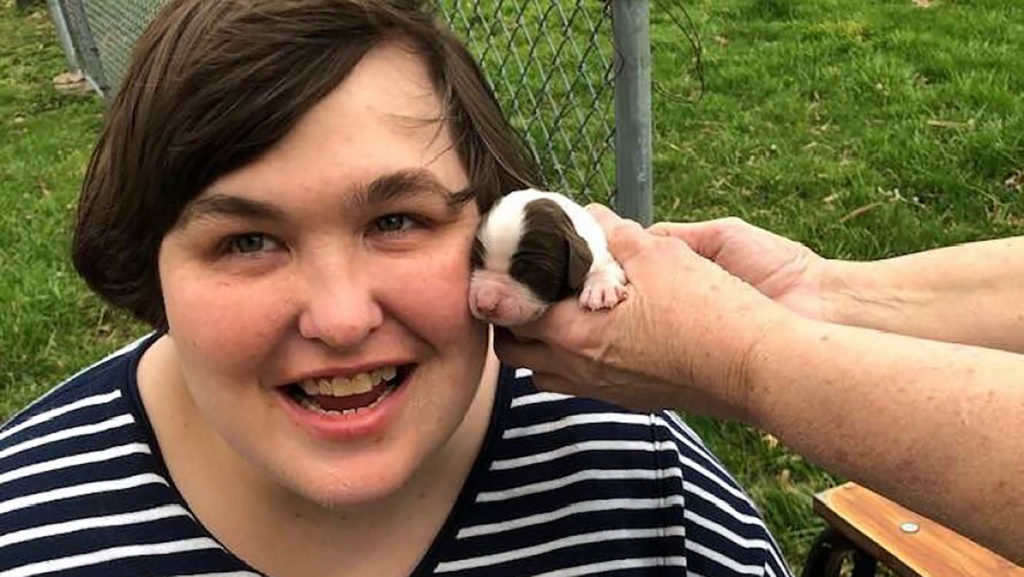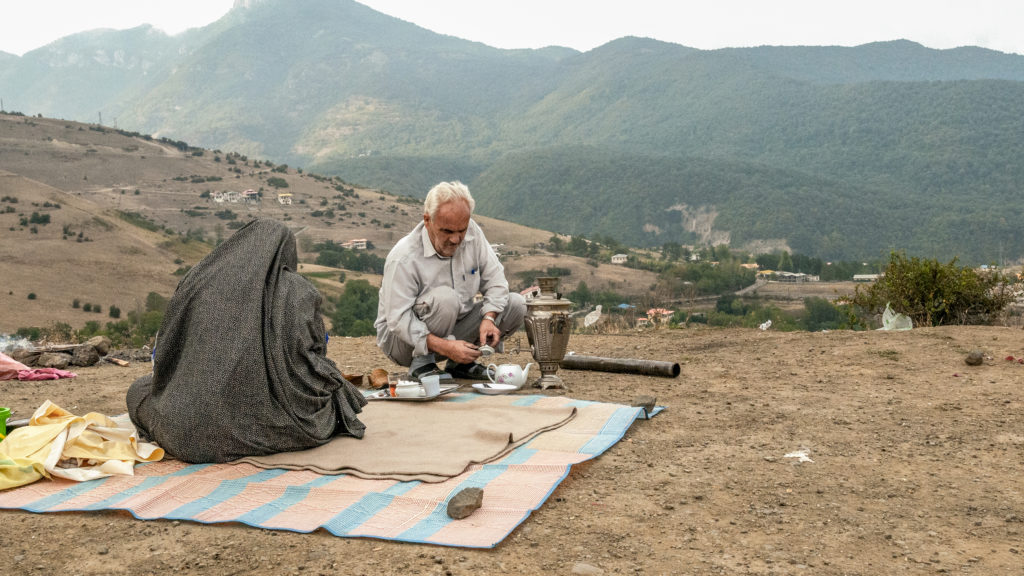Scientists have cloned human embryos and nurtured them to a new level of maturity, suggesting the possibility of bringing to birth a cloned child, according to a new report.
The same researchers in South Korea also brought forth a colony of embryonic stem cells from one cloned embryo — another apparent first, The Washington Post reported.
The development appears certain to intensify the controversy surrounding human cloning and embryonic stem cells.
Congress is battling over whether to adopt a comprehensive ban on human cloning in this country, and the White House appears prepared to resume an attempt to secure an international prohibition on all forms of cloning. These efforts are going on as scientists globally seek to perfect the cloning of human embryos and some groups pursue the birth of the first cloned child.
The South Korean scientists, affiliated with Seoul National University, deny they are interested in bringing cloned embryos to term, saying they are seeking to produce medical remedies, according to The Post. While many scientists and other observers contend they favor research cloning but oppose cloning intended for reproduction of a baby, pro-life ethicists condemned the latest development and pointed out the researchers already have produced children.
Don Buckley, a fellow of the Southern Baptist Ethics & Religious Liberty Commission’s Research Institute, said in a statement to Baptist Press, “It appears that Drs. Woo Suk Hwang and Shin Yong Moon have demonstrated that both the processes of human cloning and harvesting of stem cells from the embryos produced are easier than previously imagined. One can expect that other researchers around the world will soon rush in to try and replicate these techniques.
“Although the stated purpose of this so-called ‘therapeutic’ cloning is to produce embryonic stem cells, there is probably no significant technological barrier to prevent a cloned embryo from being implanted in a woman’s womb, producing the world’s first cloned baby,” said Buckley, a family physician in Pensacola, Fla.
Leon Kass, chairman of the President’s Council of Bioethics, told The New York Times, “The age of human cloning has apparently arrived: Today, cloned blastocysts for research, tomorrow cloned blastocysts for babymaking.”
Kass also stated, “In my opinion, and that of the majority of the council, the only way to prevent this from happening here is for Congress to enact a comprehensive ban or moratorium on all human cloning.”
The South Korean researchers grew the cloned embryos in the laboratory beyond the stage at which fertility specialists normally implant embryos in women’s wombs, The Post reported. One-third of the clones derived with the cooperation of 16 women developed to the blastocyst stage, when an embryo has hundreds of cells. Of those 30 blastocysts, the researchers harvested stem cells from 20 of them, with one resulting in a colony, according to The Post.
Though scientists have harvested stem cells from embryos resulting from fertilization, this new research marks the first time a cloned embryo has produced a colony of such cells, according to The Post.
Stem cells have shown promise in providing cures for diseases such as diabetes and Alzheimer’s, but the procurement of such cells from embryos destroys the tiny human beings. Pro-life organizations support research using stem cells from adults, which does not harm the person providing the stem cells. (BP)





Share with others: